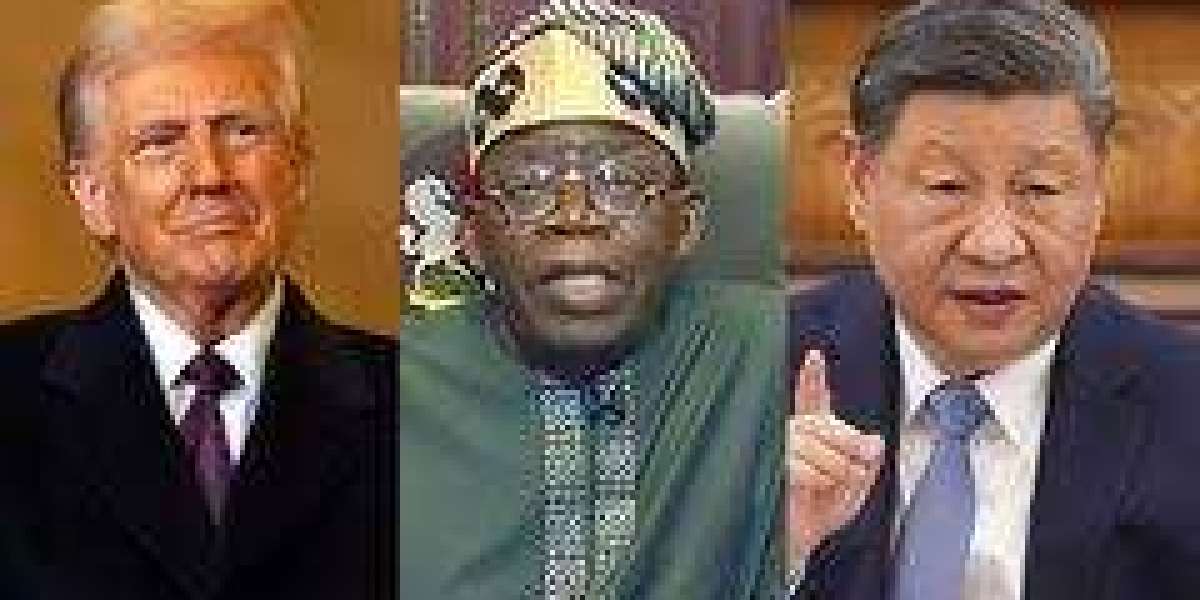In what has now become one of the most intense diplomatic flashpoints of the year, China has declared full support for Nigeria after former U.S. President Donald Trump threatened military action against the West African nation. Trump’s comments, made during a recent address, accused the Nigerian government of failing to stop the “killing of Christians,” calling Nigeria a “disgraced state” and directing the U.S. Department of Defense to “prepare for possible action.”
The statement immediately triggered international reactions. China, through its Foreign Ministry spokesperson Mao Ning, condemned any move that could undermine Nigeria’s sovereignty. The Chinese government stated that religion and human rights claims should never be used as pretexts for foreign interference, warning that “threats of sanctions and the use of force will only destabilize peace and hinder cooperation.”
Nigeria’s government, led by President Bola Ahmed Tinubu, has since denied the accusations, insisting that the country’s insecurity challenges are not religiously motivated but rather a complex mix of terrorism, banditry, and regional conflicts that affect citizens across all faiths. The presidency emphasized that Nigeria remains open to global collaboration but will reject any attempt to compromise its territorial integrity.
The European Union and ECOWAS have also weighed in, urging restraint and dialogue over threats and force. Both regional bodies expressed support for Nigeria’s right to self-govern and warned against simplifying the nation’s security crisis into religious terms. They stressed that such narratives risk deepening existing divisions rather than helping to solve them.
For China, this marks yet another strategic show of influence in Africa—particularly in Nigeria, where Beijing continues to expand economic and infrastructural investments. While the U.S. frames its position around human rights and religious freedom, China’s stance focuses on non-interference, sovereignty, and respect for national governance. This ideological clash between global superpowers puts Nigeria at the center of a broader geopolitical tug-of-war.
For Nigerian youth, this situation is not just a headline; it’s a lesson in global politics, perception, and power. The way foreign nations frame Nigeria’s story impacts everything from foreign aid to visa policies, scholarships, and investment opportunities. It also shapes how young Nigerians see their government—either as a defender of national pride or as an actor constantly on the defensive.
More importantly, this growing diplomatic friction challenges young Nigerians to think critically about national identity and self-representation. If global media keeps painting Nigeria as a crisis zone, how does that affect international trust, employment pipelines, and even social narratives about Nigerian youth abroad? At the same time, it reminds a new generation of citizens that sovereignty is not just a word—it’s the foundation upon which their futures are built.
As the global community watches this power play unfold, one question remains: will this moment push Nigeria toward stronger self-definition or further expose the cracks in its global reputation? For now, China’s warning has bought time and balance in a tense situation—but the next moves, from both Washington and Abuja, will determine how this story ends.








